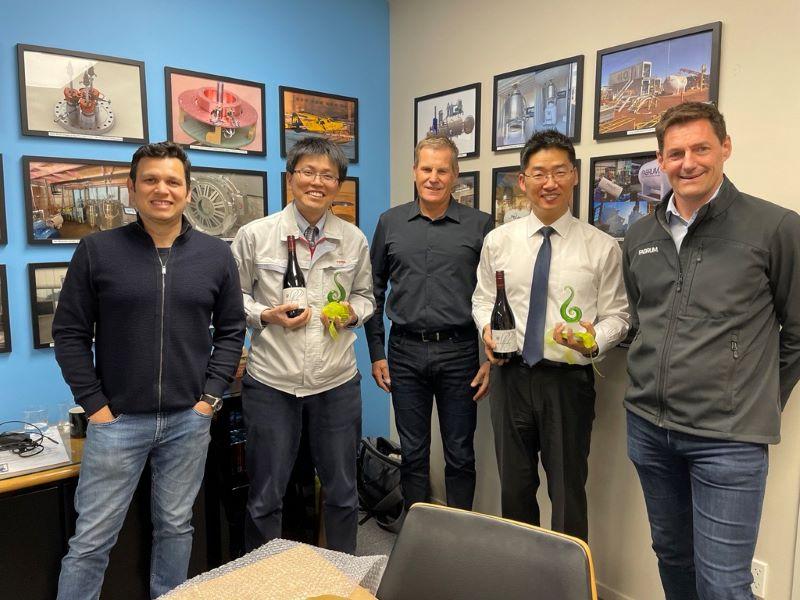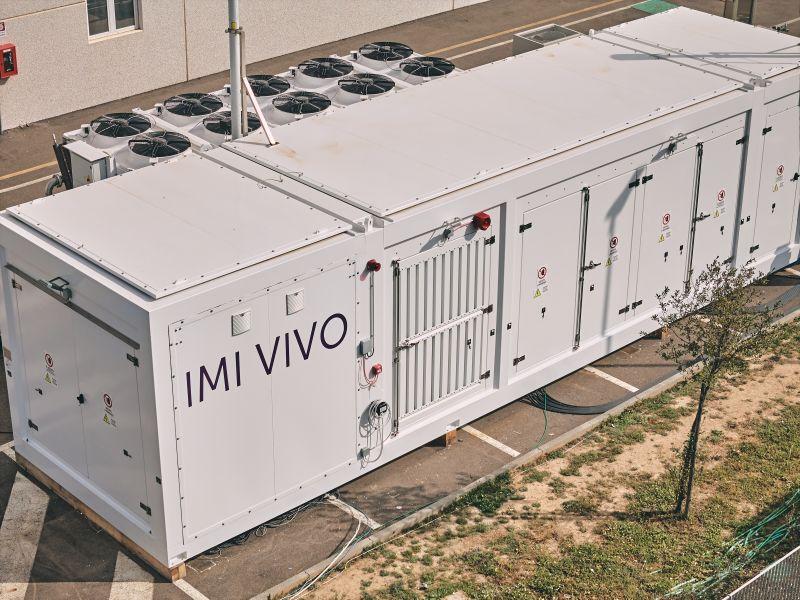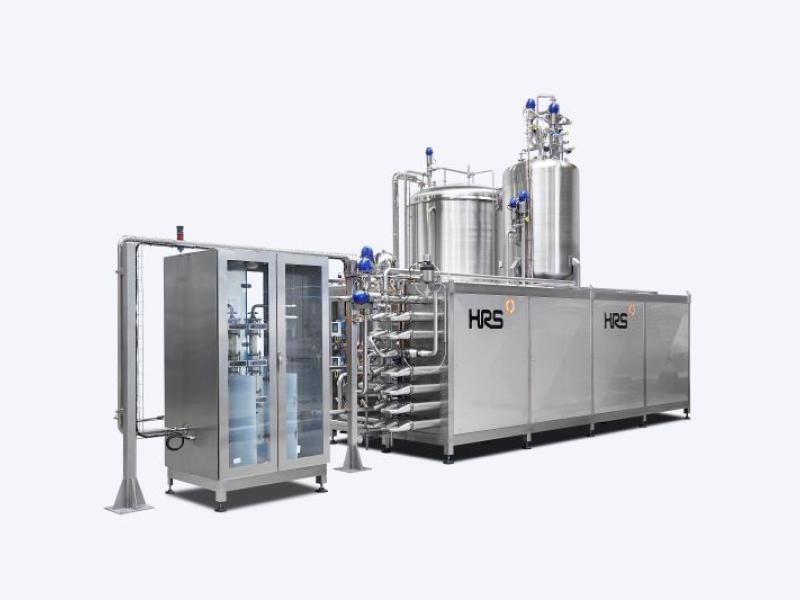Fabrum is set to supply Toyota with its proprietary liquid hydrogen storage technology.
Fabrum has established a reputation globally as a leader in end-to-end hydrogen production and refuelling systems. The green hydrogen project adds to a number of others under construction internationally, with global players in aviation, heavy transport, and industry.
Dr Ojas Mahapatra, CEO of Fabrum, says: “We’re delighted to be working with Toyota to advance their hydrogen projects with our liquid hydrogen storage technology. This order is significant as it's our first from Toyota, which is at the forefront of new technologies and innovations for its future mobility projects – and it signals the beginning of our relationship.”
Fabrum, represented by Dr Mahapatra, is part of a New Zealand delegation of top business leaders joining New Zealand Prime Minister Rt Hon Christopher Luxon on a mission to Japan this week.
New Zealand Prime Minister Rt Hon Christopher Luxon said, “It’s great to see Fabrum, a green hydrogen pioneer from New Zealand, working with Toyota, a prominent Japanese company. This collaboration is a testament to the potential of New Zealand's decarbonisation technologies in combating climate change and the important contribution Japanese companies can make to our economy.”
Christopher Boyle, Fabrum’s Executive Chair, says, “It’s exciting for the Fabrum team to work with Toyota, one of the world’s leading transportation companies. Together, we’re progressing advanced hydrogen technology to meet mobility needs that enable a lower-carbon economy.
“We’re also pleased to be strengthening our links with Japanese companies. Our work with Toyota represents Fabrum’s second Japan-New Zealand hydrogen project. We’re also working with Obayashi Corporation, one of the world’s leading construction companies, to deliver unique dual-pressure hydrogen refuelling technology for an Auckland-based refuelling station project.”






